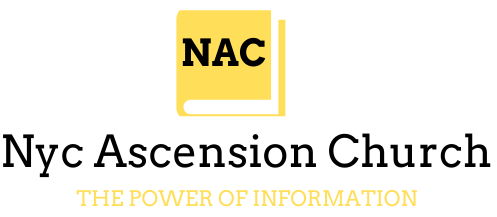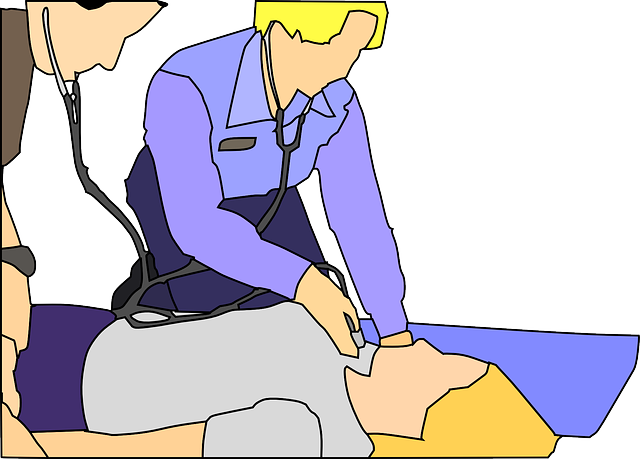Forensic Accounting is a Bachelor’s degree wherein you’ll learn how to examine and solve crimes and fraud with the use of investigative accounting. It is a degree that helps the FBI, insurance companies and other offices that might come across such problems. Financial analysis is mainly used to solve disputes. Other instances where this degree is used is in tax evasion, money laundering, theft and illegal transactions.
If you’re interested in a profession that helps the legal system in solving these crimes, then this degree is for you. There are schools available that lets you enroll in this course. But in this digital age where we sometimes balance work and studies, this degree lets you take it online at your convenience.
But where do you start? How does one enroll themselves in a Forensic Accounting degree? What courses does this degree contain? In this article, you’ll find tips in how to get that degree online. So read up, take notes, and prepare yourself for an informative guide.

School
The first thing you should check is the school where you’re going to enroll. There are many schools that offer Forensic Accounting degrees. The question is which one to choose.
Always do your research first before enrolling yourself. The school of choice has to be accredited. This will come in handy when you graduate and apply for that dream job in Forensic Accounting. A school that has been properly accredited will be more impressive and reliable when you hand over that resume to your employer.
Aside from checking its accreditation, make sure to confirm if all the requirements that the school has allows you to take the Certified Public Accountant exam. This exam, also known as the CPA exam, is required for accountants and can help you in future job opportunities should you decide to venture out of forensics.
Courses
Forensic Accounting involves a lot of courses for you to take. These include accounting, business law, financial reporting, auditing, forensics and other investigative techniques. Some schools might require you to take courses that are not mentioned above but are still in line with your degree. Keep in mind that these are all helpful when you graduate and finally land a job.
Expenses
Be sure to check how much you should expect for tuition and other miscellaneous fees so you won’t be shocked by the amount of school expenses you’re getting yourself into. A Registered Education Savings Plan is a type of investment program that can help you put aside money for when you need it. But do note to read the fine print before signing anything and giving them your money. Make sure to read up on reviews such as this site here https://www.bbb.org/ca/on/north-york/profile/college-savings-plans/heritage-education-funds-inc-0107-3112 on which RESP is legit and appropriate for your expenses. Some may be scams so always be wary of where you’re putting your money for your future.
Some schools offer scholarship programs as well so do check these out. You might find a scholarship program that suits your capabilities.
Enroll
After much research and when you’ve finally decided on the right school, it’s time for you to register and enroll. Visit the schools’ websites and register for enrollment for Forensic Accounting. Again, make sure to read up on these schools’ reviews so you’ll know whether they have the right accreditation and courses offered. Otherwise, you might just be wasting your money.
Some schools that offer Forensic Accounting degrees online are the University of Northwestern Ohio, Independence University Utah, and Southern New Hampshire University. There are many other schools out there so always do your research.

Jobs
Never forget to keep yourself updated with the job trends in Forensic Accounting. Just because you’re still in school doesn’t mean you’re no longer aware whether the different professions in Forensic Accounting still exist to serve a purpose. Keep reading the news, search for on-the-job trainings and internships so when the time comes for you to gain experience, you already have a list of places to look.
Some jobs under Forensic Accounting include auditors, accountants, financial and tax examiners, and tax collectors.
Are you ready to dive into the world of Forensic Accounting? We hope you are. With these tips, you’ll land yourself into the right school in no time.


